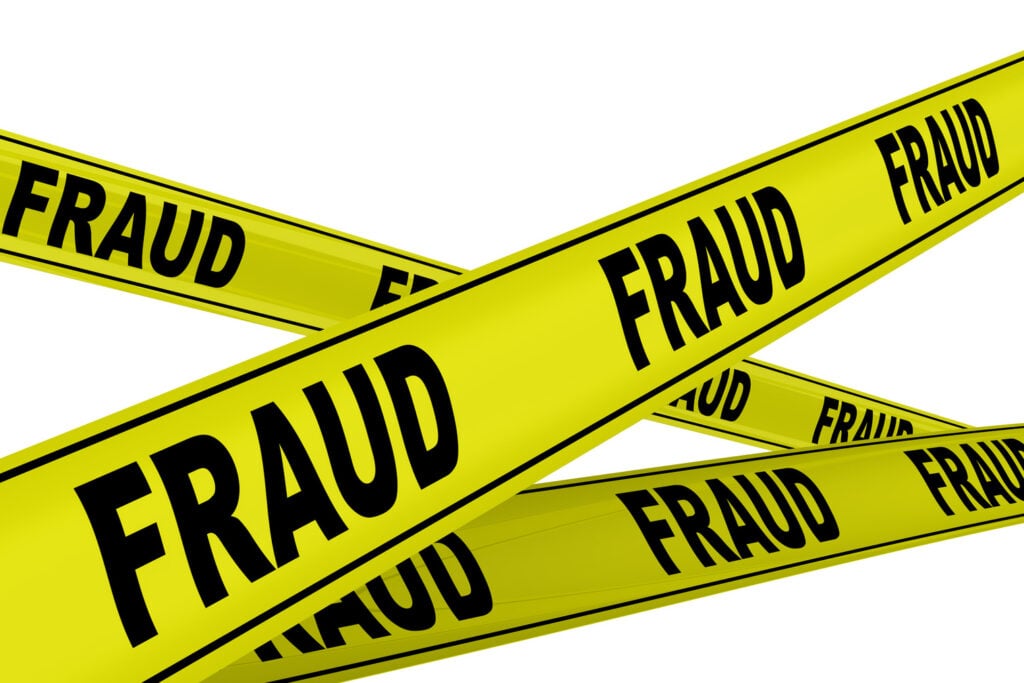Fraud is still taking place on eBay and recently my accountant, an intelligent person to say the least, became a victim to the tune of £1000.00.
The scam
It’s a story I’ve heard countless times over the years – a tempting motor vehicle is listed on eBay, ostensibly a reasonable deal and nothing wrong with the listing on the face of it. However as soon as he expressed an interest he was sent a convincing looking pdf payment document purporting to be from eBay and PayPal requesting a bank transfer.
Needless to say the moment he sent the funds was the last he ever heard of the scammers.
The blame can’t all be laid at eBay’s door
Whilst obviously eBay are being used to perpetuate these frauds, they can hardly be held to blame. The thing is that whilst some eBay motors are sold on buy it now or auction style listings, eBay also have Classified Ad formats where the entire transaction is completed off eBay.
To date I’ve bought at least seven motors on eBay and never been able to leave feedback for them as they’ve all been purchased from a classified ad. Having said that, eBay do host the adverts but while are multiple warnings on eBay about the dangers of completing off-eBay transactions that’s exactly what an eBay classified encourages you to do.
When you buy off eBay none of the normal protections are in place and whereas in the past Western Union was the weapon of choice for the scammers, today it’s bank transfer. Surely that’s easier for the banks and police to shut down?
My accountant notified Action Fraud and also his bank. Currently Action Fraud (appear to) have done nothing. His bank pretty much shrugged their shoulders and told him that there was nothing that they can do. Once you’ve sent a bank transfer it seems you’re pretty much on your own as if you’d handed over a pile of tenners in the street.
What the banks say
I contacted the receiving bank, in this case a TSB account was used to find out what a victim of this type of fraud should do. I had three simple questions – “Is there anything that he can do to recover his funds?”, “What steps should someone in a similar situation take? and “Is there anything TSB would like to add in the way of advice to inform people how to avoid similar fraudulent scams?” TSB were kind enough to respond and I have cut and pasted their exact answers below (There was no comment to the first question although partly answered in question 2)
-
Is there anything that he can do to recover his funds?
-
What steps should someone in a similar situation take?
If a customer believes they have been a victim of fraud as a result of sending money directly to a suspected fraudulent seller, it is important that they contact their bank and, if necessary, the receiving bank immediately. Their bank may still be able to recover the payment and, if not, the receiving bank might be able to hold the transaction and block it if appropriate. Speed is important because, the sooner the receiving bank can investigate, the higher the chance of the transaction being returned.
-
Is there anything TSB would like to add in the way of advice to inform people how to avoid similar fraudulent scams?
In this specific type of fraud involving eBay buying scams, the eBay website (www.pages.ebay.co.uk/safetycentre/help.html) provides useful tips. For example, eBay suggests always completing eBay purchases on the eBay website. They also recommend looking out for common warning signs, such as a seller requesting payment via a bank transfer to an eBay bank account.
Why is it so hard to report fraud and attempt to recover the funds
I find it amazing that, in the days that you need multiple forms of ID to open a UK bank account, it’s so hard for a victim to even attempt to recover their funds. Speed is of the essence, and whilst TSB have highlighted this, why was my accountant’s own bank so reluctant to get involved. Also the police (or rather Action Fraud) appear to move so slowly that realistically by the time any action is taken the bank account will likely have been emptied and abandoned.
How can consumers be protected?
As always the best advice to avoid this type of fraud is simply not to fall for it in the first place. Never send money for a large purchase until you have seen and are about to take possession of your purchase. Meet the vendor in a safe place or take a friend with you. Never carry large amounts of cash, if you’re about to buy a vehicle you can always do a bank transfer on your mobile just before the keys are handed over. Most importantly, never send funds to a stranger either in cash, money transfer services or bank transfer unless you know exactly who they are and especially not if you receive a dodgy invoice.
Sadly in this case it could all have been avoided if my accountant had simply spotted that the email address ([email protected]) wasn’t a legitimate PayPal address. When will ISPs start blocking addresses which contain names of large financial institutions to help combat fraudsters?
It’s easy to say that my accountant should have known better, but countless people fall for these frauds each year. Has anyone got any better ideas on how to prevent them?










6 Responses
Fraud will always take place on ebay nothing will change many people transfer by banks instead of paypal it’s not gonna stop always use paypal your protected and when buying a car please meet face to face never hand over money by bank transfer
Action Fraud – not worth even filling the forms in, total and utter waste of time.
Nobody’s really interested in online fraud, the banks do nothing with the info unless is costs them money, which it rarely does.
A good piece of advice is only to go through the actual site to answer messages or, of course, to make payment.
Here’s an example of a really cunning scam attempt I heard of from a fellow dealer at a fair: First you get a genuine Ebay question in poor English about a high value item, which you answer. You then get a second question, almost identical, playing the idiot and pretending not to understand. You answer again, patiently, using the plainest English you can.
Then comes the sting – a third question arrives, but this time it only comes to your email inbox. The hope is that you will be irritated enough to bash off a reply for a third time, without noticing you’ve been asked to sign in again, or that this third message does not appear on Ebay.
The third message is a phishing attempt and if you fall for it your account will be compromised.
Again, the answer is only to respond through Ebay or Amazon or whatever site you use.
“The blame can’t all be laid at eBay’s door” – Not really sure how Ebay can be blamed for this at all.
If it involved Paypal, how would he not be making a payment to the seller through Paypal?
How would anybody in their right mind send a person a £1,000 for a car that they have not seen?
I wonder if it would be worth looking into whether the fraudster left any trace at “checkout.co”, presuming emails were exchanged via it.
Also (long shot), if the tea-leaves were using pdf creation software they had previously used for legitimate stuff, the document properties can sometimes contain something of the identity of the creator. (I’m assuming it was received electronically, not on paper).
Thanks to Andy R – I might have fallen for that email scam. I was once conned into logging into ‘twitler.com’, on a tiny screen where you couldn’t see it wasn’t ‘twitter’.